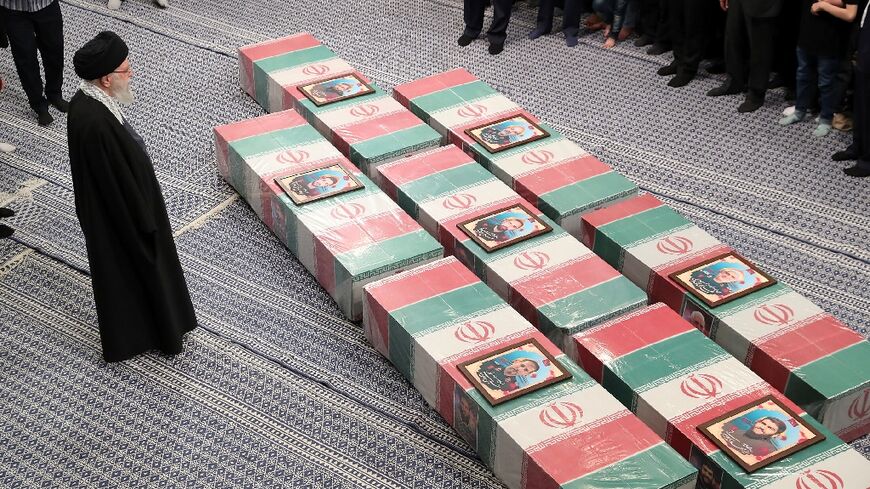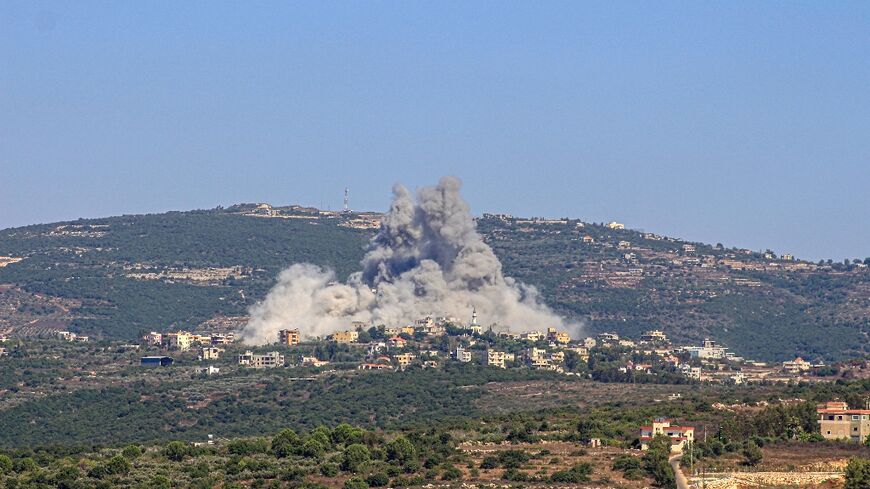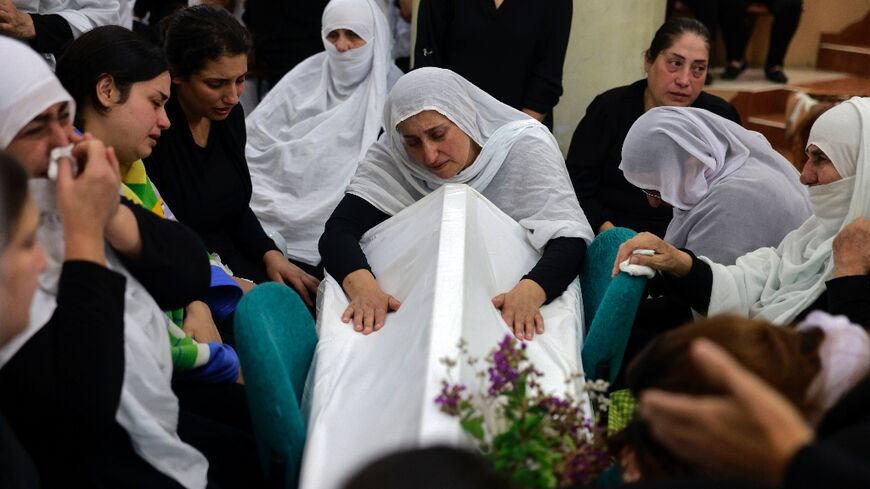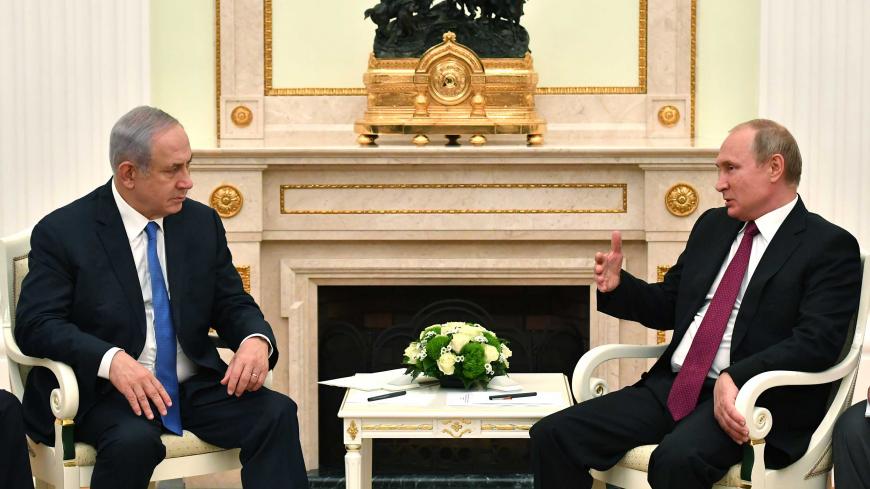Iran ally Syria strives to stay out of Gaza war: experts

Syria has avoided getting embroiled in the Gaza war, experts said, despite a strike on Iran's Damascus consulate, blamed on Israel, that threatened to ignite a regional conflagration.
The government of Syrian President Bashar al-Assad is seeking to strike a delicate balancing act between Russia and Iran, which have propped up it up during 13 years of civil war and helped it reclaim lost territory.
Syria is part of the so-called Axis of Resistance -- an alliance of Iran-backed groups that has launched attacks on the Islamic republic's arch-foe Israel or its alleged assets since October.
But its other main ally Russia maintains diplomatic ties with Israel and has pushed for stability in Syria's south, which borders the Israeli-occupied Golan Heights.
"The Israelis clearly warned Assad that if Syria was used against them they would destroy his regime," said a Western diplomat who requested anonymity because he is not allowed to speak to the media.
Recent months have seen a series of strikes on Iranian targets in Syria, widely blamed on Israel, culminating in an April 1 raid that levelled Tehran's consulate in Damascus and killed seven Iranian Revolutionary Guards, two of them generals.
That strike prompted Iran to launch a first-ever direct missile and drone attack against Israel on April 13-14 that sent regional tensions spiralling.
The attacks have also pushed Iran to reduce its military footprint throughout southern Syria, especially in areas bordering the Golan, a source close to Hezbollah and a war monitor told AFP.
- Russia and UAE influence -
"Russia and the United Arab Emirates have urged (Assad) to stay away from the conflict," said Andrew Tabler of the Washington Institute.
Last year, Syria returned to the Arab fold, seeking better ties with wealthy Gulf states, in hopes they can help fund reconstruction -- although Western sanctions are likely to deter investment.
In 2018, the United Arab Emirates re-established ties with Syria, and it has been leading the charge to reintegrate Damascus.
Syria appears to have heeded Russia and the UAE's call, and its border with the Golan Heights remains relatively calm despite a handful of strikes launched by Hezbollah-allied fighters.
The Syrian Observatory for Human Rights war monitor says that since the start of the Gaza war only 26 rocket attacks from Syria have targeted the Golan, which Israel captured from Syria in 1967 and annexed in 1981.
Most have landed in open areas, "which is read in Washington and elsewhere as a sort of code that Syrian President Bashar al-Assad wants to stay out of the Gaza conflict", Tabler said.
"Assad hopes the Arabs and the West will compensate him for his restraint, and the Russians are pushing him towards this path," he said.
- Tricky Hamas ties -
Earlier this month, Russia's defence ministry said it had established an additional position in the Syrian part of the Golan, to "monitor the ceasefire and promote de-escalation".
While massive demonstrations in solidarity with Palestinians in Gaza took place in several Arab capitals, Damascus only saw a handful of small pro-Palestine rallies, witnesses said.
Syria has had a difficult relationship with Palestinian militant group Hamas, whose October 7 onslaught on southern Israel triggered the war.
Hamas and Assad reconciled in 2022, a decade after the militants, long allied with Damascus, broke ties over its suppression of largely Sunni protests that triggered Syria's civil war.
Hamas comes from the same ideological school as the Muslim Brotherhood, a Sunni Islamist group with origins in Egypt, which Syria considers to be terrorists.
"The regime hates Hamas and has no desire to support the Muslim Brotherhood, whose victory could only strengthen their friends in Syria," the diplomat said.
Hamas announced last year the opening of a new page with the Syrian government, but Assad felt that it was still "too early" to talk about a return to normality.






